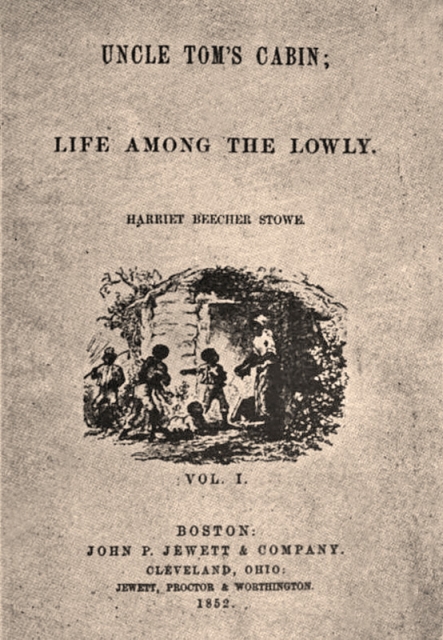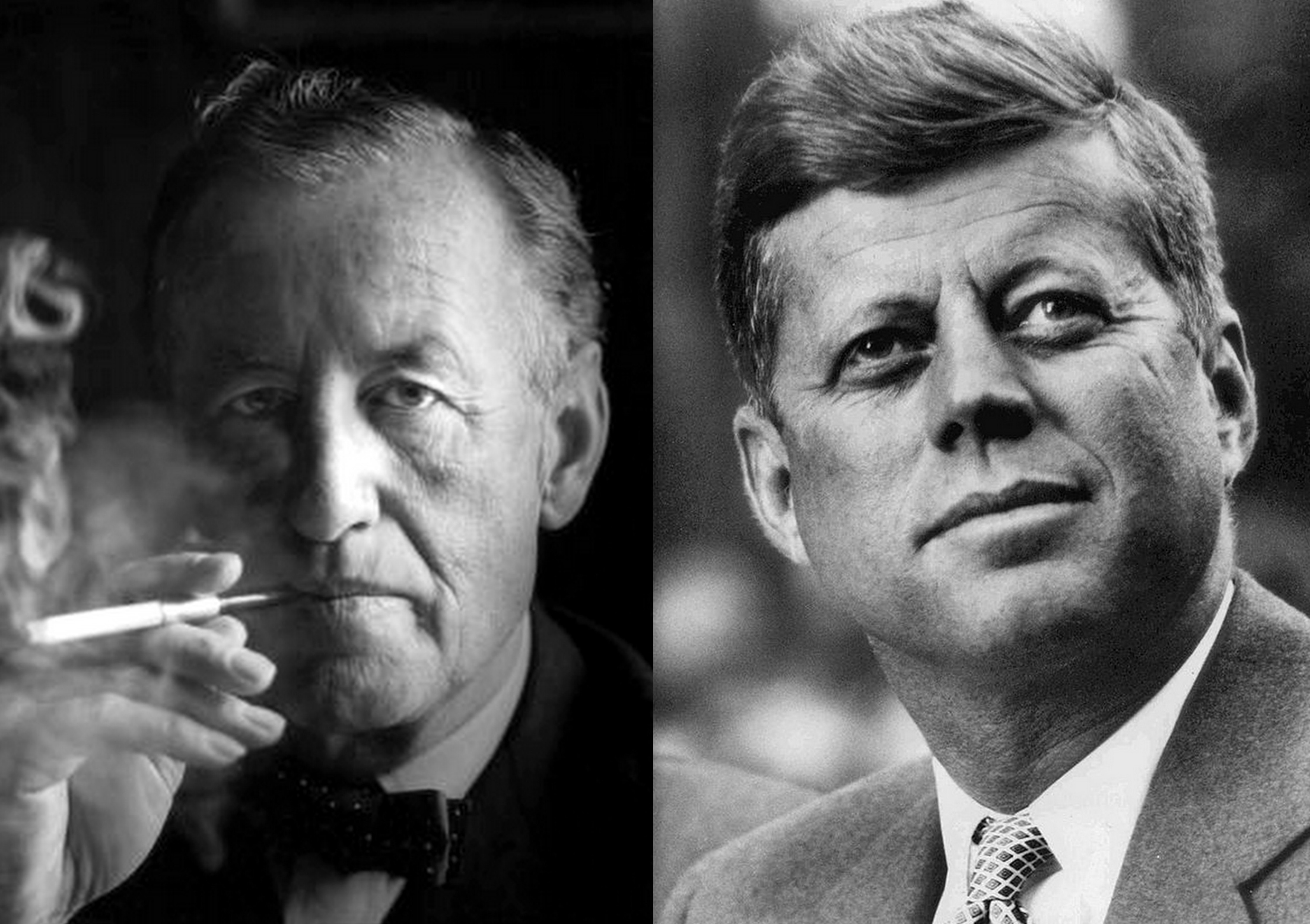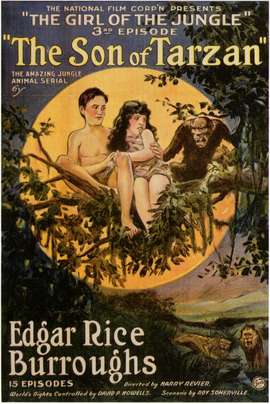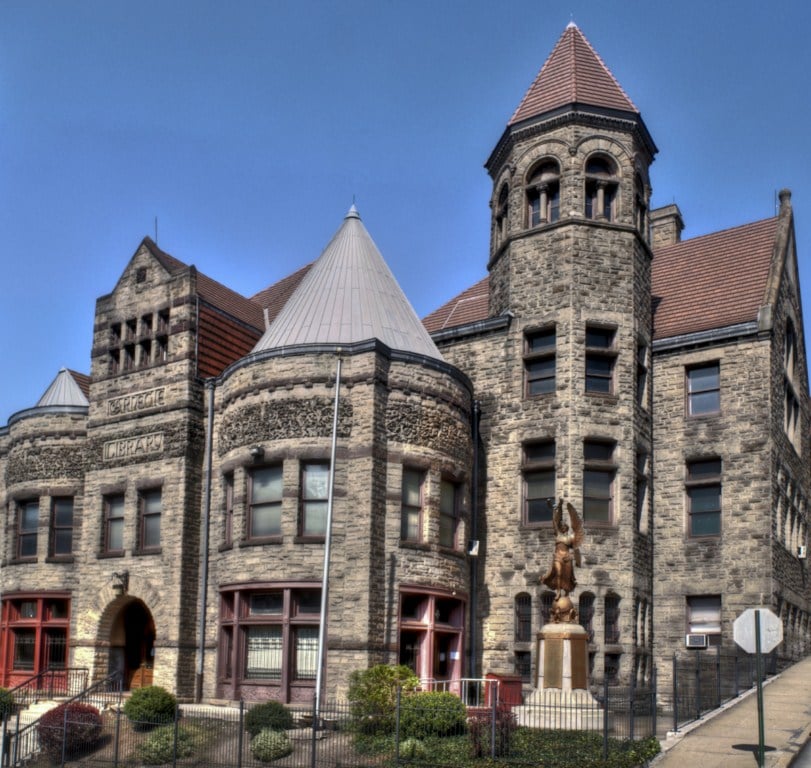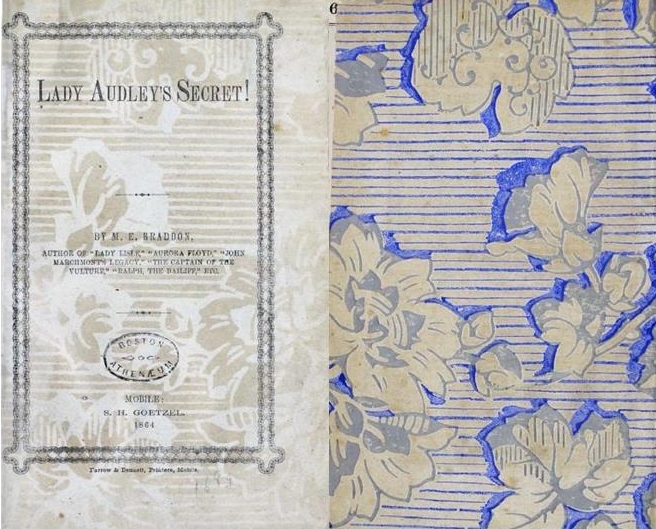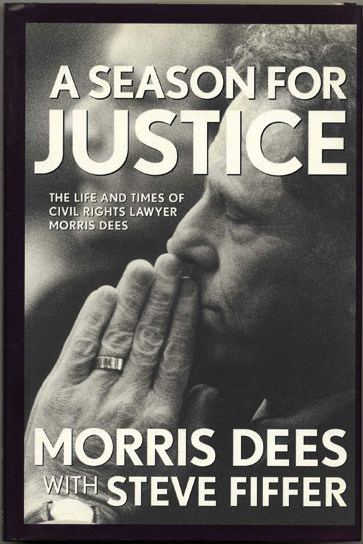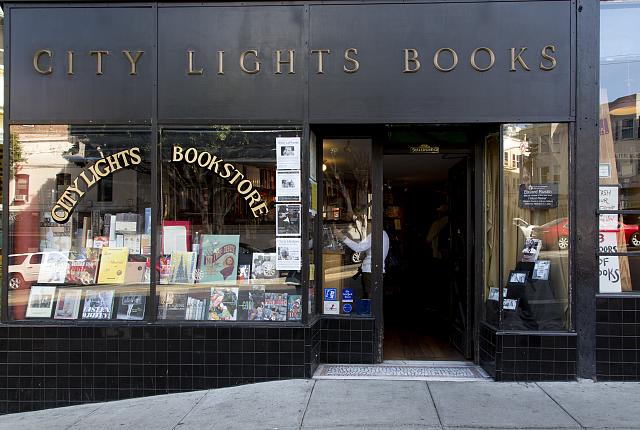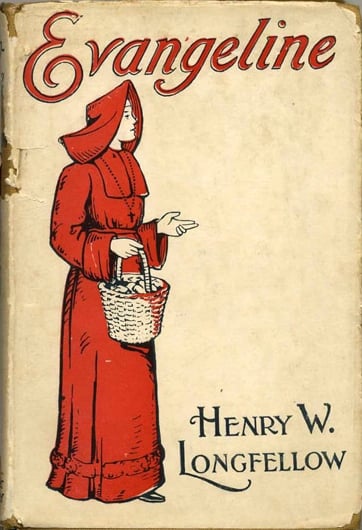Harriet Beecher Stowe’s Uncle Tom’s Cabin is cultural dynamite. Within three months of its publication in 1852, 300,000 copies of the novel were sold in the United States. Many believe the events in Stowe’s book helped propel the United States into the Civil War. Even now, Uncle Tom’s Cabin remains one of the most widely read and acknowledged abolitionist works of all time. Today, we explore Harriet Beecher Stowe’s inspiration for her characters and storyline.
us toll free: 1-800-948-5563 international: +1 (843) 849-0283 UK: +44 (0) 1334 260018




